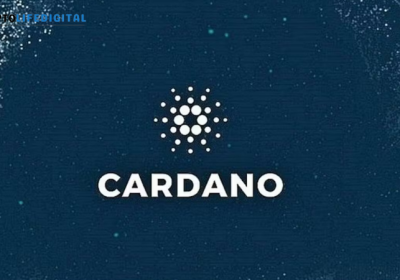Managed Custody vs. Self-Custody: Choosing the Right Path for Your Crypto

Yana Novikova, Ripple’s Senior Director of Custody and Stablecoin Products, recently shed light on the crucial distinction between managed custody and self-custody when it comes to storing crypto assets.
Managed Custody: The “Bank” Approach
Managed custody involves entrusting the security and management of your crypto assets to a third-party provider, such as a cryptocurrency exchange or a specialized custodian. This is akin to depositing your money in a traditional bank.
Read Also: Ripples Entertainment Partners with TerraCasino
- Pros:
- Convenience: Managed custody offers convenience and ease of use, as the provider handles all the technical complexities of key management and security.
- Enhanced Security: Reputable custodians employ robust security measures to protect assets from cyber threats and other risks.
- Accessibility: Managed custody provides easy access to your funds, allowing you to trade, send, and receive cryptocurrencies with ease.
- Cons:
- Counterparty Risk: You are entrusting your assets to a third party, which introduces counterparty risk. If the custodian experiences financial difficulties or suffers a security breach, your assets could be at risk.
- Limited Control: You relinquish control over your private keys, which are essential for accessing your funds.
Self-Custody: Taking Control
Self-custody, on the other hand, involves managing your private keys. This gives you complete control over your crypto assets, but it also comes with significant responsibility.
- Pros:
- Full Control: You have complete control over your assets and are not reliant on any third party.
- Enhanced Security: If you implement strong security measures, self-custody can be a very secure way to store your crypto assets.
- Cons:
- Security Risks: You are solely responsible for the security of your private keys. If you lose your keys or they are compromised, you may lose access to your funds.
- Technical Complexity: Managing your private keys requires a good understanding of cryptography and security best practices.
Read Also: XRP’s Underrated Strength: 11,000 Banks Tested on SWIFT
Choosing the Right Approach
The choice between managed custody and self-custody depends on individual needs and risk tolerance.
- Managed custody may be a suitable option for beginners or those who prioritize convenience and security.
- Self-custody is ideal for those who value complete control over their assets and are willing to assume the associated risks.
By understanding the key differences between these two approaches, individuals can make informed decisions about how to store and manage their cryptocurrency investments.
Follow us on Facebook, Telegram, and Google News.

Dr. Olajide Samuel juggles the demands of medical studies with a passion for cryptocurrency. A seasoned blogger, Olajide shares his vast global knowledge of the crypto space, offering insights to enthusiasts. Despite his busy schedule, his commitment to crypto remains strong, and he actively seeks ways to contribute to its future.










